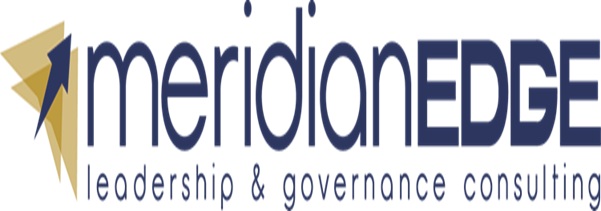| Ownership/Careholdership Linkage |
|
About Moral Ownership a Key Policy Governance Concept - About Caring By Dr. Hartger Wassink The case of Radboud University versus the Dutch bishops is very interesting, because it says something about the relationship between a board and its 'moral owners'. This concept from the Policy Governance system is often considered difficult to grasp. Moral ownership speaks to those on whose behalf the board carries out their duties. While somewhat complex to apply, the concept of moral owners is very helpful (if not crucial) in order to provide clear social accountability. Re-conceptualizing Ownership: Pathways to Conceptual Expansion By Dr. Hartger Wassink and Dr. Monica Mitchell According to the principles of the Policy Governance® system, owners are the sole source of the board's authority. This makes the concept of ‘owners’ fundamentally central to the Policy Governance system. However, the concept of ‘ownership’ is not without its problems. The meaning of ‘ownership’ varies between cultures and contexts, and is not always associated with positive and empowering connotations. This may pose some challenges in the application of the concept and ultimately render the system of Policy Governance less usable to a wide range of diverse contexts and settings. By Ms. Rose Mercier "Ownership" is the conceptual source of the Board's authority to govern. Knowing who the owners are and their beliefs about what the organization should achieve in terms of impact, prudence, ethics, and equity is fundamental to excellent governance. Creating an Authentic Board Connection with People Who Care About Your Organization's Purpose
|



